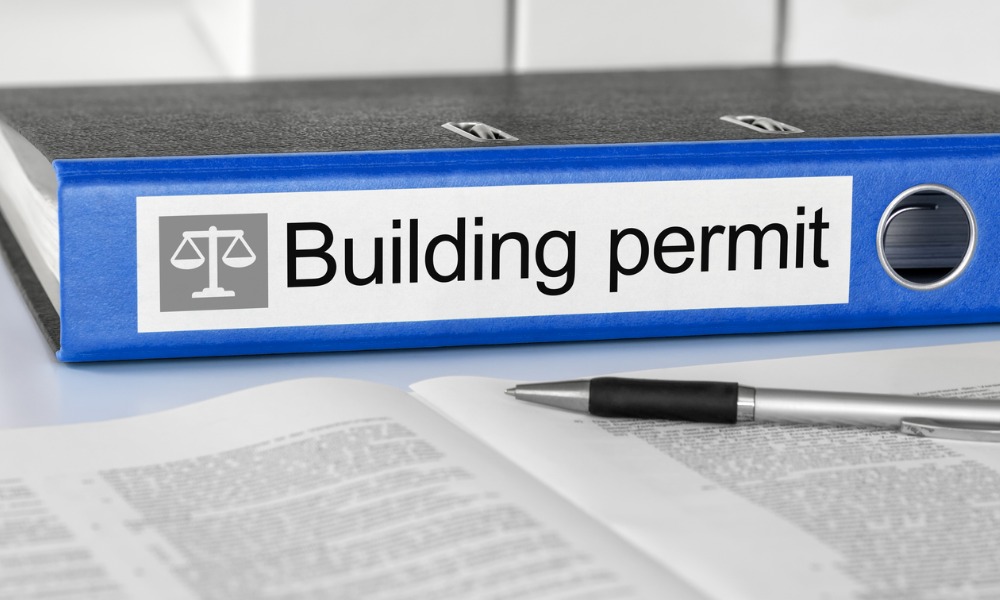Multi-unit residential construction fuels the sharp rebound as housing demand shifts

Canada's construction sector made a strong comeback in July, with building permits rising sharply thanks to renewed interest in multi-unit housing developments, according to Statistics Canada.
The total value of permits jumped 22.1% to $12.4 billion, reversing two months of decline. Both the residential and non-residential sectors contributed to the growth, but it was the multi-unit construction boom that really stood out.
The residential sector saw a 16.7% increase, with the multi-unit component leading the charge. Permits for multi-unit buildings surged by 29.3%, reaching $5 billion. This was a major factor behind the sector’s overall growth, even as single-family housing permits dipped slightly by 1.9%.
British Columbia experienced the biggest jump in multi-unit permits, with a staggering 152.1% increase ($766.8 million), largely driven by projects in cities like Richmond. Alberta and Ontario also contributed significantly, with increases of 33.1% ($141.0 million) and 7.7% ($122.6 million) respectively.
StatCan reported that a total of 20,700 new dwellings in multi-unit buildings and 4,100 new single-family dwellings were authorized in July. The 12-month period from August 2023 to July 2024 saw a total of 266,200 new units authorized across Canada.
The non-residential sector also showed strong growth, with the total value of permits rising 31.8% to $4.8 billion. This growth was seen across all components: commercial (+18.4% to $2.2 billion), industrial (+98.6% to $1.3 billion), and institutional (+14.8% to $1.3 billion).
Ontario led the non-residential sector growth with a 23.8% increase to $2.2 billion, driven by gains in the industrial component, which rose 99.3% to a record-high $678.3 million. This was supported by construction intentions for the expansion of a tire manufacturing plant in Greater Napanee and broad-based growth throughout the province.
Read next: Will Toronto's condo oversupply lead to bigger price drops?
British Columbia also saw significant growth in the non-residential sector, with an increase of 99.2% to $869.1 million. This was due to large gains across all components: industrial (+349.2%), institutional (+383.0%), and commercial (+30.8%).
On a constant dollar basis (2017=100), the total value of building permits in July was up 22.9% compared to the previous month and rose 3.4% year over year, indicating strong growth in construction intentions across Canada.
Make sure to get all the latest news to your inbox on Canada’s mortgage and housing markets by signing up for our free daily newsletter here.



